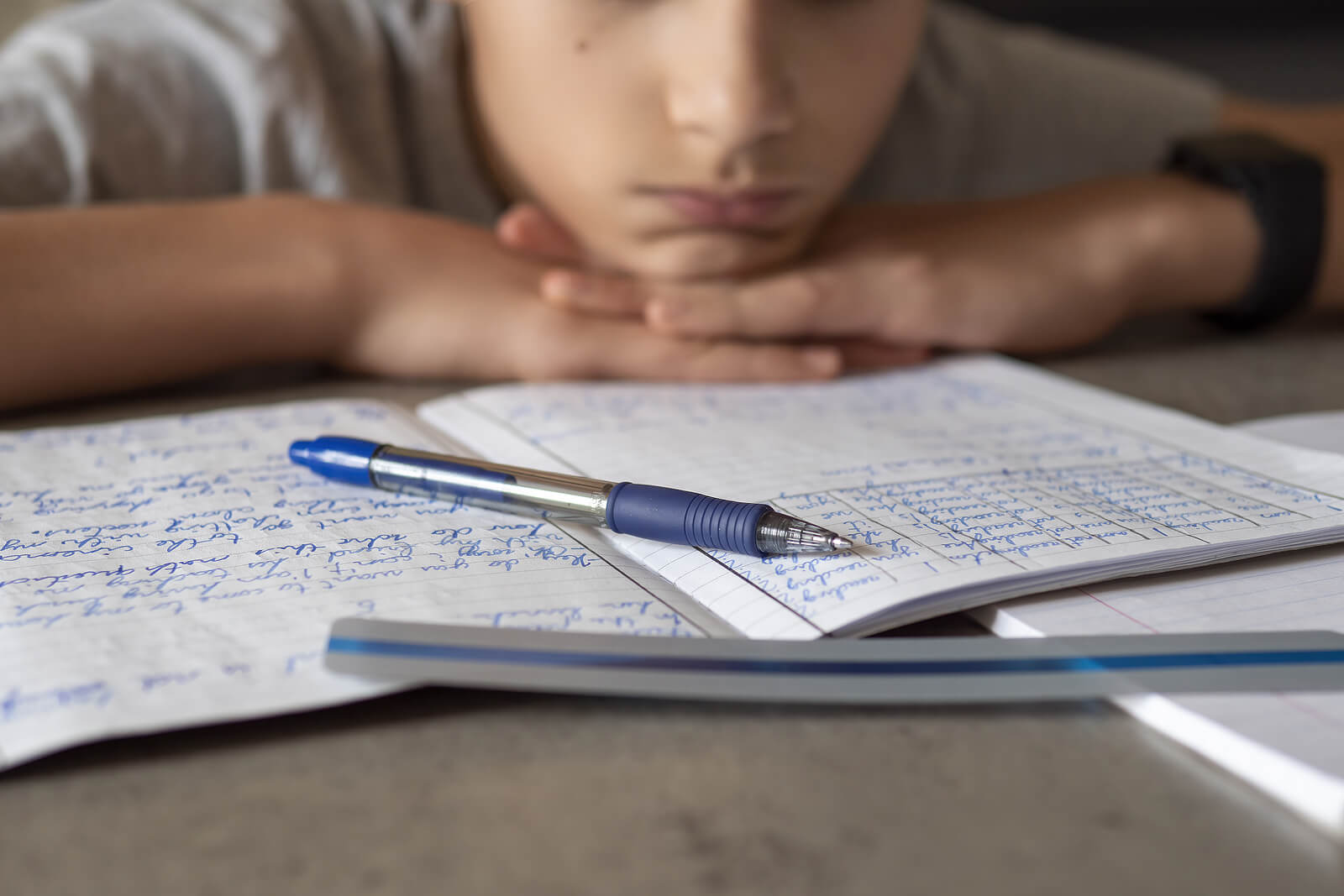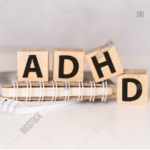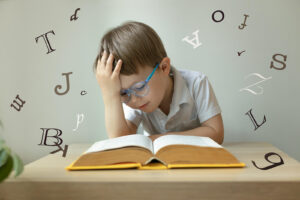
A learning disability consists of a brain-style that makes it harder for kids to understand and use certain skills needed for learning. These factors affect the brain’s ability to receive, process, store, respond to, and communicate information effectively. Learning disabilities impact how kids learn to read, write, do math, or even understand instructions. Kids with learning disabilities usually have difficulty acquiring certain academic skills at the same rate as their peers. Usually, they are bright and capable of learning the skill at hand. They just might need different kinds of support and teaching methods to help them succeed in school. Remember, having a learning disability doesn’t mean your child isn’t intelligent. It just means their brain processes information differently. Follow Mind Matters as our psychologists discuss how learning disability testing at our offices in San Francisco and Berkeley, CA could benefit your child.
Frequently Asked Questions
What are the Different Types of Learning Disabilities?
There are several distinct types of learning disabilities, each uniquely impacting an individual’s academic performance.
Dyslexia
Dyslexia affects reading and language processing. It usually involves difficulty hearing sounds in language and/or recognizing the meaning of symbols. This leads to difficulties in recognizing and sounding out words, spelling words, and comprehending their meanings.
Dysgraphia
Dysgraphia impairs writing abilities and stems from a variety of challenges. For example, dysgraphic students might have trouble with fine motor skills, making it challenging to form letters and fit their words on a page. Or, they might have trouble processing written words, which makes it hard to read what they wrote and check for mistakes. Some dysgraphic students struggle to organize thoughts and express ideas in written form. These students may spell well and write neatly but have trouble writing paragraphs and longer essays.
Dyscalculia
On the other hand, dyscalculia hampers mathematical skills. This could mean problems with number sense, visualizing spatial relationships, or remembering sequential steps. Any or all of these challenges lead to struggles with understanding numerical concepts, performing calculations, and solving mathematical problems.
Other issues that affect learning
A nonverbal learning disability affects the way kids process visual-spatial information. In turn, this can impact their understanding of nonverbal cues, temporal information (like number sense and time), and physical coordination.
Additionally, attention-related disorders, such as Attention Deficit Hyperactivity Disorder (ADHD), can also fall under the umbrella of learning disabilities, manifesting as challenges in maintaining focus, staying organized, and managing tasks.

Behavioral Screenings are for parents of children who are struggling with behavior at home and/or at school. Parents may wonder if their child school environment suits them, or whether internal factors (e.g. attention, language, anxiety) contribute to the behavior.

ADHD Screenings are for parents who are wondering whether their child’s struggles with attention and/or restlessness indicate an underlying condition like Attention Deficit Hyperactivity Disorder.

Kindergarten Readiness Screenings are for parents wondering whether their child is ready to begin kindergarten. For example, they may feel their child needs more time or support to develop readiness skills. Likewise, a screening can be particularly helpful for a child with a summer birthday as parents weigh whether to wait another year for kindergarten.
Why do we test for Learning Disabilities?
Testing for learning disabilities helps us understand how your child learns best. It allows us to figure out why your child struggles to learn certain skills or concepts. Then we know what kind of support and tools your child needs to thrive in school. To address your child’s difficulties more effectively, we identify their specific challenges, then we create a personalized learning plan that suits their unique learning style and strengths. This would include the most effective instructional methods, tools, and accommodations to facilitate their academic progress and overall well-being.
When do we test for Learning Disabilities?
We typically consider testing if your child has consistent trouble with learning in one or more academic areas (reading, writing or math). Perhaps they struggle with skills that affect their learning across multiple areas, like following instructions, learning routines, and retaining and recalling concepts. Sometimes children with learning disabilities can “keep up,” but only with a lot of effort and/or support at home or from school staff. If you notice your child struggling with homework even with your support, or the teacher expresses concern, this is a good time to inquire about testing.
The definition of a learning disability includes difficulty acquiring academic skills. As a result, testing usually occurs after a child begins formal schooling. However, parents can be watchful of some early signs of learning challenges. These include trouble with rhyming, or difficulty sitting still for story time or other literacy-based interactions with caregivers. Other signs include not learning colors, numbers, or letters even with consistent exposure. Some children with language-based learning difficulties may develop speech more slowly than expected. They might also have trouble pronouncing new words.
Early identification and intervention are crucial in fostering a supportive learning environment that promotes a student’s educational development and self-esteem. At the same time, we don’t want to unnecessarily test a child. If parents see these signs, they may want to consult with a professional about ways to support the child, and what to watch out for in the future. On occasion (especially when a strong family history of learning disabilities exists), limited testing might be appropriate.
Academic skills and progress:
By definition, a learning disability involves slower acquisition of academic skills. Thus, gathering subjective information from parents and teachers about the child’s progress is an important first step. Reviewing report cards and other school records also help flesh out the picture of the child. Combined, this information points towards various areas that might need to be explored.
In addition, direct testing of academic achievement provides an objective measure a child’s academic skills as compared to same-age (or same-grade) peers. This includes assessing academic skills (word reading, calculation, spelling). Then they will be asked to apply those skills to a broader context (e.g. reading comprehension, solving mathematical word problems, writing sentences and essays to explain certain ideas). Assessing how quickly and easily a child can implement these skills (fluency) is also important.
Information Processing:
In order to understand why a child is struggling, we need to look at how they process information. We use different activities and exercises to understand how well your child absorbs and understands what they hear and see. We may assess their ability to hear sounds in language or to control their fine motor movements. We may also evaluate how well your child understands nonverbal cues and spatial relationships if a nonverbal learning disability is suspected. Exploring different types of memory can help us understand what your child needs to learn new information, retain it, and recall it over time. By understanding your child’s cognitive strengths and weaknesses, we can guide the development of personalized educational plans and targeted interventions that cater to their specific learning needs.
Conclusion About Learning Disability Testing
Understanding your child’s learning needs and getting them the right support can make a significant difference in their academic and personal growth. Often, identifying and supporting a student with a learning disability requires a group effort. Working together, teachers, parents, and experts can establish an inclusive and encouraging learning atmosphere. In turn, this empowers every student to reach their full potential. With the right assistance and resources, your child can overcome learning challenges and succeed in their studies and beyond.
Schedule Learning Disability Testing in San Francisco or Berkeley, CA today!
Is your child a curious explorer, a great problem-solver, or a creative thinker? Uncover their unique cognitive strengths and empower their neurodiversity journey with Mind Matters.
- Message our Client Care Coordinator so she can get to know more about you and your child, answer any questions, and help you find the right match. Or, call us at 415-598-8378.
- Explore our services & neurodiversity affirming psychologists.
- Meet with one of our clinicians online, and follow up with learning disability testing in San Francisco & Berkeley, CA.
Other Services our Psychologists Offer:
We know that every child’s life experiences are different. That’s why we offer a range of services to help better support and advocate for your child. These include psychoeducational evaluations, neurodevelopmental screenings, and IQ Testing. As well as autism testing and parent guidance consultations.






